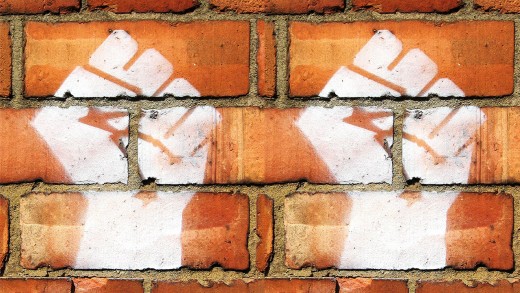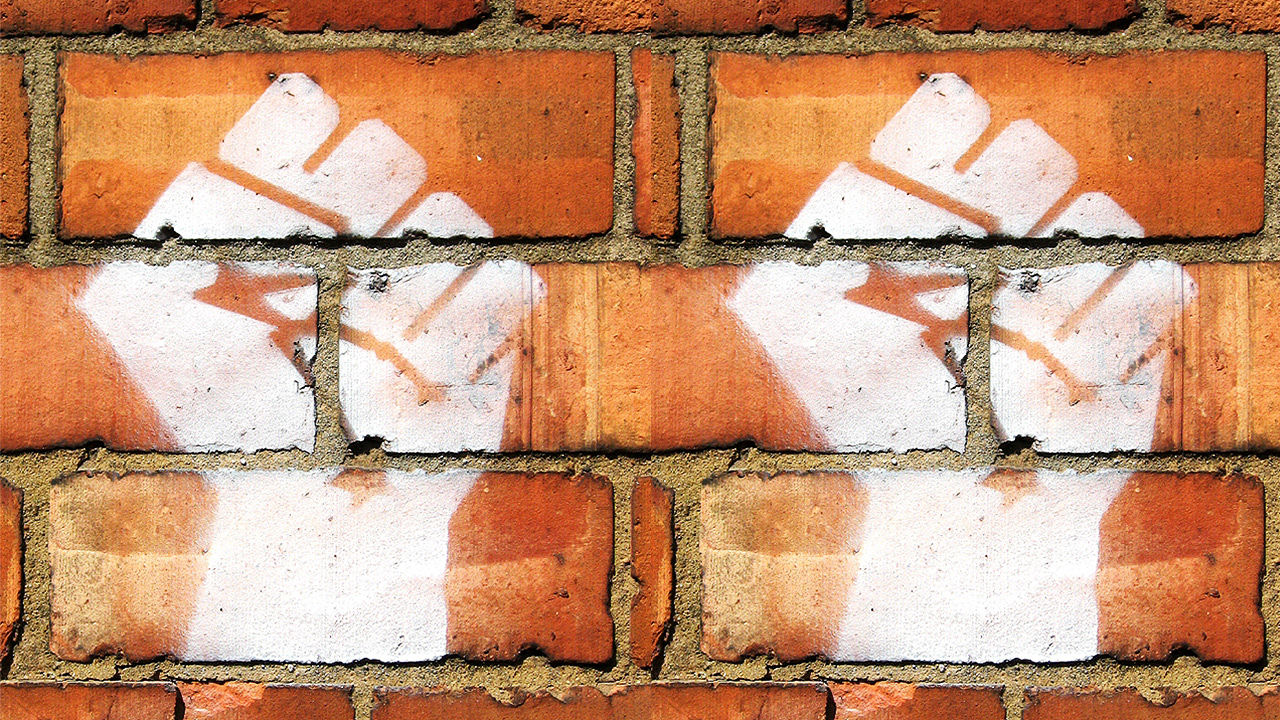Gawker Staff Votes To Unionize In Groundbreaking Move For New Media
Could unions be on the threshold of a resurgence among younger, white collar workers?
Call it an historic moment for labor unions: Gawker Media has become the first online-only media outlet to organize.
The company’s editorial staff voted (June 04, 2015) on whether or not they wanted to be represented by the Writer’s Guild of America, East (WGAE).
According to Gawker’s report, the votes—which were cast electronically and tallied by VoteNet, an independent online voting system—resulted in a majority (75%) calling for unionization. Out of 118 eligible voters, 107 voted.
The motivation to organize Gawker Media (including staff writers for Jezebel, Deadspin, Gizmodo, and other sites under the banner) was simple, according to a post by Gawker’s longest tenured writer, Hamilton Nolan.
Nolan writes that every company could use a union, harkening back to his coverage of Wisconsin governor Scott Walker’s campaign to eliminate public sector unions in 2012. Now he says it’s an imperative for the media company. “A union is the only real mechanism that exists to represent the interests of employees in a company. A union is also the only real mechanism that enables employees to join together to bargain collectively, rather than as a bunch of separate, powerless entities.”
Though Nolan says that Gawker is “well run and pays competitive salaries,” there are still issues to address. Namely: “We would like to ensure that things like pay and raises are set in a fair, transparent, and unbiased way. We would like to have some basic mechanism for giving employees a voice in the decisions that affect all of us here.”
Following the results of the vote, the Gawker staff still has to form a committee, determine exactly what to bargain for, and negotiate a contract. They’ll also have to pay union dues as is customary.
But the decision to organize is another push toward a growing wave of support for organized labor among millennials. Sara Horowitz, founder of the Freelancers Union, noted that like artisan handcrafts and handlebar mustaches, unions are making a comeback. And she’s not surprised.
“There is, of course, an inherent idealism among young people,” she writes in . “But this is more than just the expected idealism of youth. People are looking at their objective (and often difficult) economic circumstances and coming to the same conclusions that workers in other generations did—when you’re in a group, you do better.”
She also points out that the traditional image of a “union thug” doesn’t hold a place in the minds of these younger workers. Nor should it in the collective conscience of a company striving to attract and retain them.
As WGAE executive director Lowell Peterson told Capital, “I think one of the things about employer hostility to collective bargaining is it’s often irrational. It’s never our goal to put a company out of business or to make irrational demands that will hamper the operation or interfere with a company’s ability to get the work done.”
Bottom line, adds Horowitz: “The companies that embrace young people’s good feelings toward unions will have tremendous advantages, both with their workers and with the younger consumers who pay attention to how companies act, not just what they sell.”
Fast Company , Read Full Story
(175)














